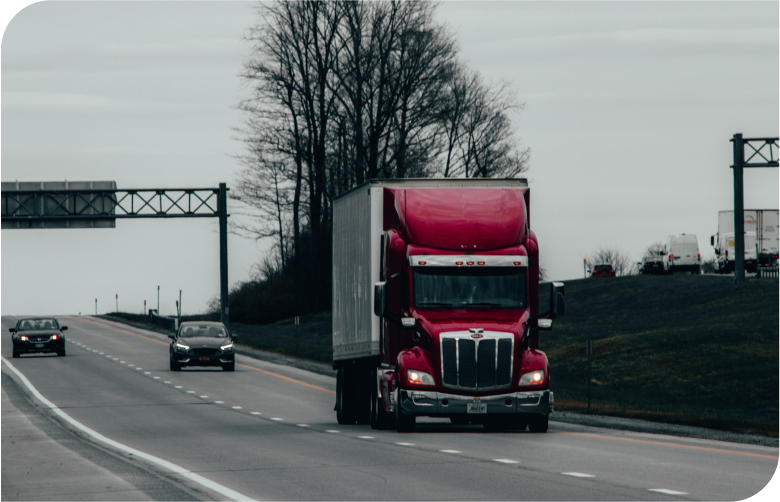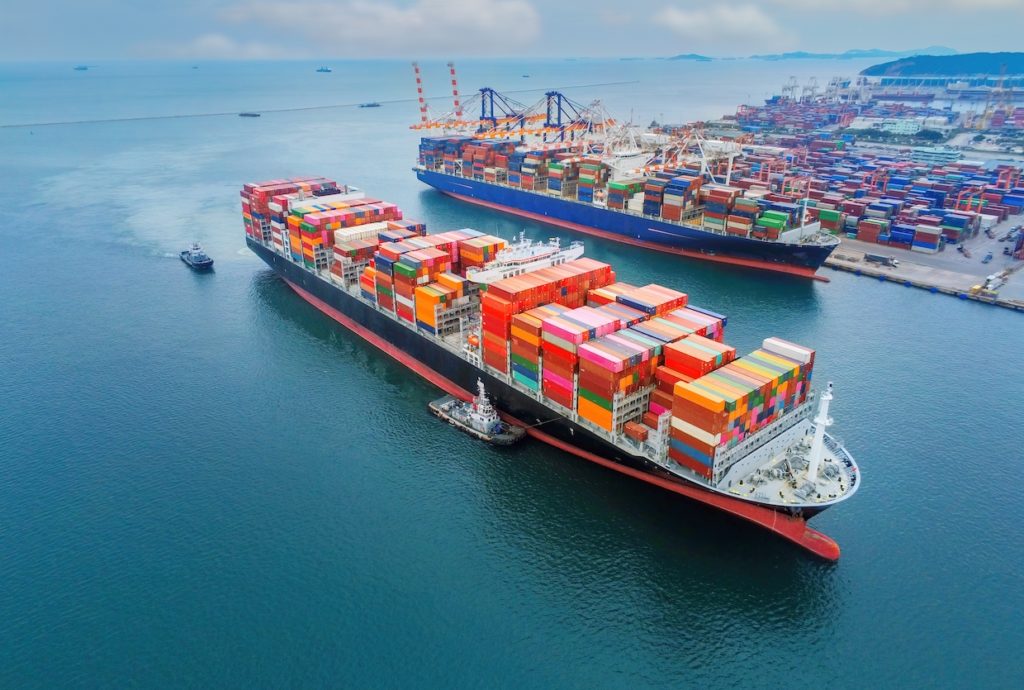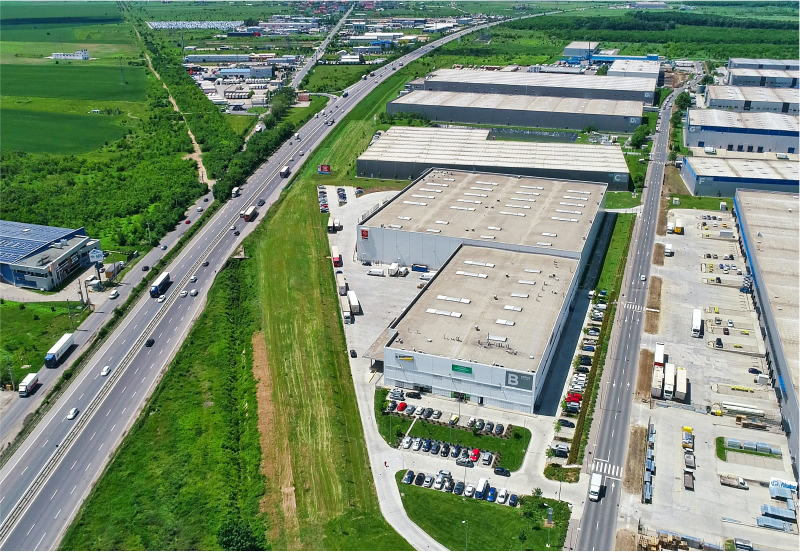PIA’s freight forwarding department handles all the logistics which includes a wide range of services like documentation, risk management, organization of shipping goods through the most reliable and cost-effective medium of transport.
PIA freight forwarding is a one-stop solution that provides a wide range of services required for hassle-free shipping so that you don’t have to run from door to door. It takes the burden off you and saves you a lot of time while providing you safe, reliable, authorized shipping at competitive prices.
Usually, moving goods from one point to another involves multiple agencies, documentation, tracking, storage, charges, insurance, and billing. There is a lot of risk, restrictions, rules, and paperwork that needs to be given a proper thought.
PIA forwarding services

Customs clearance
Customs clearance work involves the preparation of genuine authorized documentation required to facilitate import and export submitted during customs examination, payment of customs duty, etc. Documents involved are of two kinds.
- Export documentation: These are purchase orders from the buyer, sales invoice, packing list, shipping bill, bill of lading or air waybill, certificate of origin and any other specific documentation as specified by the buyer, or as required by financial institutions or LC (Letter of Credit) terms or as per importing country regulations.
- Import documentation: These include Purchase Order (PO) from buyer, sales invoice of the supplier, bill of entry, bill of lading or air waybill, packing list, certificate of origin, and any other specific documentation required by the buyer, or financial institution or the importing country regulation.
Packaging
Freight forwarders also help in packaging and preparing products for export. Various types of goods require different types of packaging. For example, goods to be transported within the country require different packaging compared to the goods moving across international boundaries. A Transportation Management System (TMS) is currently being used to maintain transparent visibility whenever the shipment is in transit.
Labelling
PIA’s forwarding department ensures labelling of packages is done appropriately to avoid important goods to be misplaced. Every labelled package contains basic information about the package, such as an organized list of contents in the shipping container, information about hazardous and perishable items, country of origin, correct weight, details about port of entry, and any other essential details in the language of the destination country.
Insurance
Since there is a lot of risk in freight forwarding, the service provides for freight forwarder liability insurance coverage to parties like freight and logistics operators, relocation companies, custom house brokers, warehouse keepers, road carriers.
Inventory management
Utilization of experience and relationship with other shipment firms to reap maximum benefits at a limited cost.
PIA advantage

Main stages of freight forwarding at PIA:

For exports:
- Export haulage: It involves the transfer of goods from their original source/manufacturer to the freight forwarders’ warehouse.
- Export customs clearance: Ensures that goods receive clearance to leave their country of origin. All the necessary paperwork for export is completed and customs duties are paid.
- Origin handling: The unloading, inspection, and validation of the cargo against the authorized documents.
- Import customs clearance: The customs import paperwork for your cargo will be checked by the authorities.
- Destination handling: It involves the handling of the goods cargo once it reaches the destination office, including transfer to the import warehouse.
For imports:
- Import haulage: It involves the transfer of the goods cargo from the import warehouse to its destination.
Sea freight: PIA sea freight services allow goods to shipped across international waters. There are various types of sea freight services:
Full Container Load (FCL) refers to one 20ft, 40ft, or 45ft container filled with cargo as well as flat racks and open-top containers.
Less than Container Load (LCL) refers to a shipment that doesn’t fill a standard container. The container is loaded with cargo from multiple consignees who share the container space to make it more economical.
Dry bulk shipping includes the transportation of dry bulk cargoes that are unpacked and homogeneous so that they can be dropped or poured into the hold of a bulk carrier. Dry bulk cargoes mostly contain farm produce and raw materials including fertilizer, coal, biomass, metal, and aggregates as well as grains and sugar. - Road freight: PIA road transport division also known as road haulage; road freight refers to the transport of goods through roadways. It is the most common way of domestic shipping. It is of two kinds:
Less than Truckload Freight (LTL) is generally chosen to transport cargos of lesser size.
Full Truck Load Freight (FTL) is either chosen by businesses that have bigger goods or time constraints or delicate goods to be shipped. - Rail freight: PIA also transports when goods are shipped through means of trains, or a group of trains, it is referred to as rail freight.
- Air freight: PIA’s air freight division is used when goods are shipped by means of airplanes or helicopters.

Consolidators
PIA as consolidators combine packages from many different shippers into one load that is shipped as a unit to the destinations’ local Post Office, often saving shippers money in the process. From there, the packages enter the local mail stream and are delivered to their destination.
Customs brokers
PIA as Customs brokers are international trade experts who are responsible for preparing and clearing a customs entry upon shipment arrival to a port of entry. These professionals are well versed with the import regulations of a country and hence, are engaged by many organizations.
